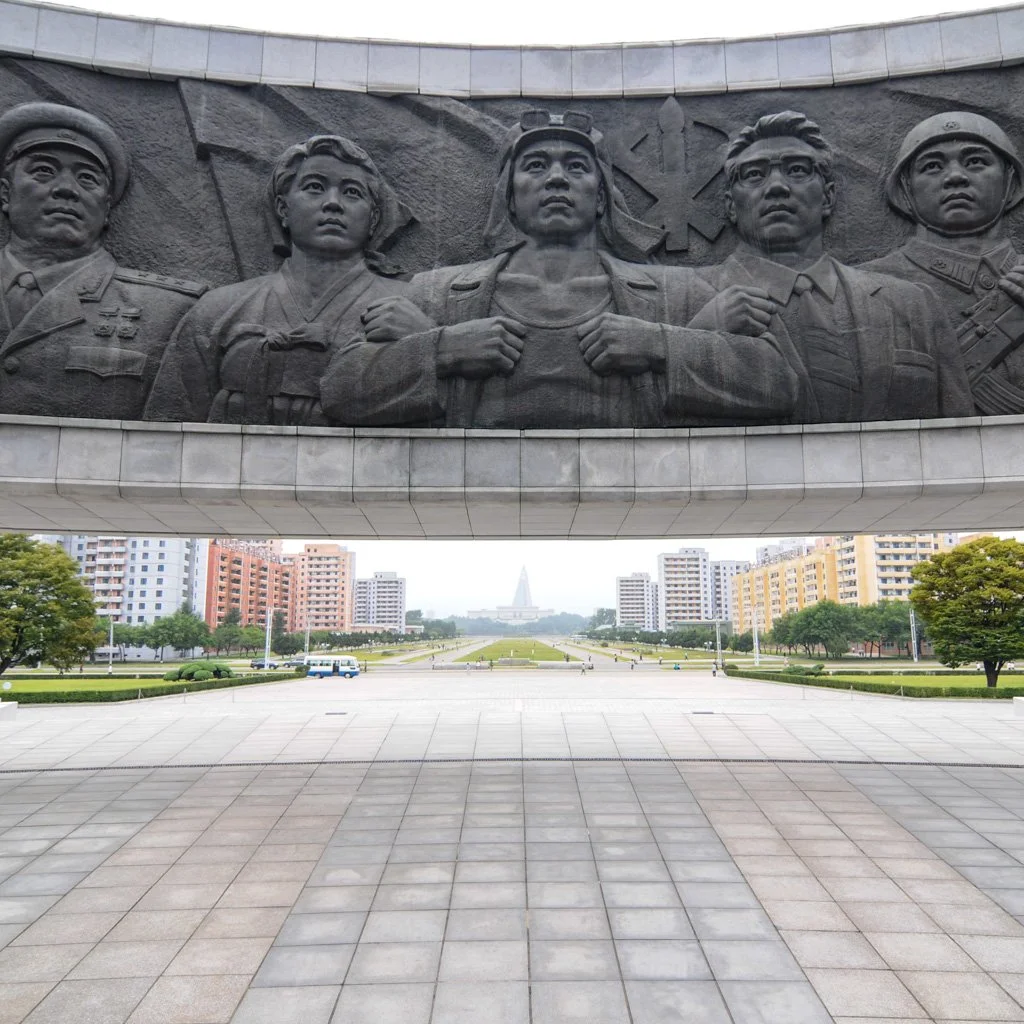As an organization working primarily in the DPRK but also committed to helping the rest of the world understand North Korea better, we try to engage media, academics and the public as much as we're able. Sometimes this can be problematic, especially when a South Korean newspaper copies much of an interview given in German and embeds language that suggests we are a threat to North Korea. Slapping the headline "The German helping North Korea with work more dangerous than missile launches" on it was just the beginning.
Below, we respond to some of the points Nils, our Program Coordinator and interviewee for the German magazine "Stern", found frustrating in the Chosun Ilbo article.
With a flashy headline and photos used without permission, the South Korean website Chosun Ilbo claims that Nils Weisensee is “teaching capitalism to North Koreans”. This claim is false. Just like any other volunteer at Choson Exchange, Weisensee teaches business skills and management principles which can be applied in a variety of economic contexts, including the unique environment in the DPRK. As Weisensee explained in the Stern Magazine article that Chosun Ilbo based its coverage on, business people in the DPRK want to understand how enterprises in other countries operate, how to find out what customers want, how to motivate employees. “Teaching capitalism” is not on the syllabus.
Chosun Ilbo also wrote that car advertisements, smartphone shops and restaurants in Pyongyang “all indicate a drift toward capitalism”. However, neither Weisensee nor Stern author Janis Vougioukas made this claim. Weisensee told Stern that he believes we are seeing an interest in experimentation within the economic system of the DPRK. This is frankly editorializing by Chosun Ilbo - also, those car advertisements and restaurants have been around for years and years.
Finally, Chosun Ilbo wrote that Weisensee runs two coffee shops in Shanghai. This is incorrect — there is only one coffee shop. The news website also wrote that “Weisensee has taught some 800 young North Koreans how to open their own start-ups and about capitalism”. Again, this is false. Choson Exchange volunteers all together have taught business and related topics to 800 North Koreans over the past few years — Weisensee was involved in just a few of these.
To cap things off, Choson Ilbo misspelled the name of our organization: It’s Choson Exchange, not Chosun Exchange. If they took the time to visit websites to take photos without permission, surely they could check the spelling while there...












